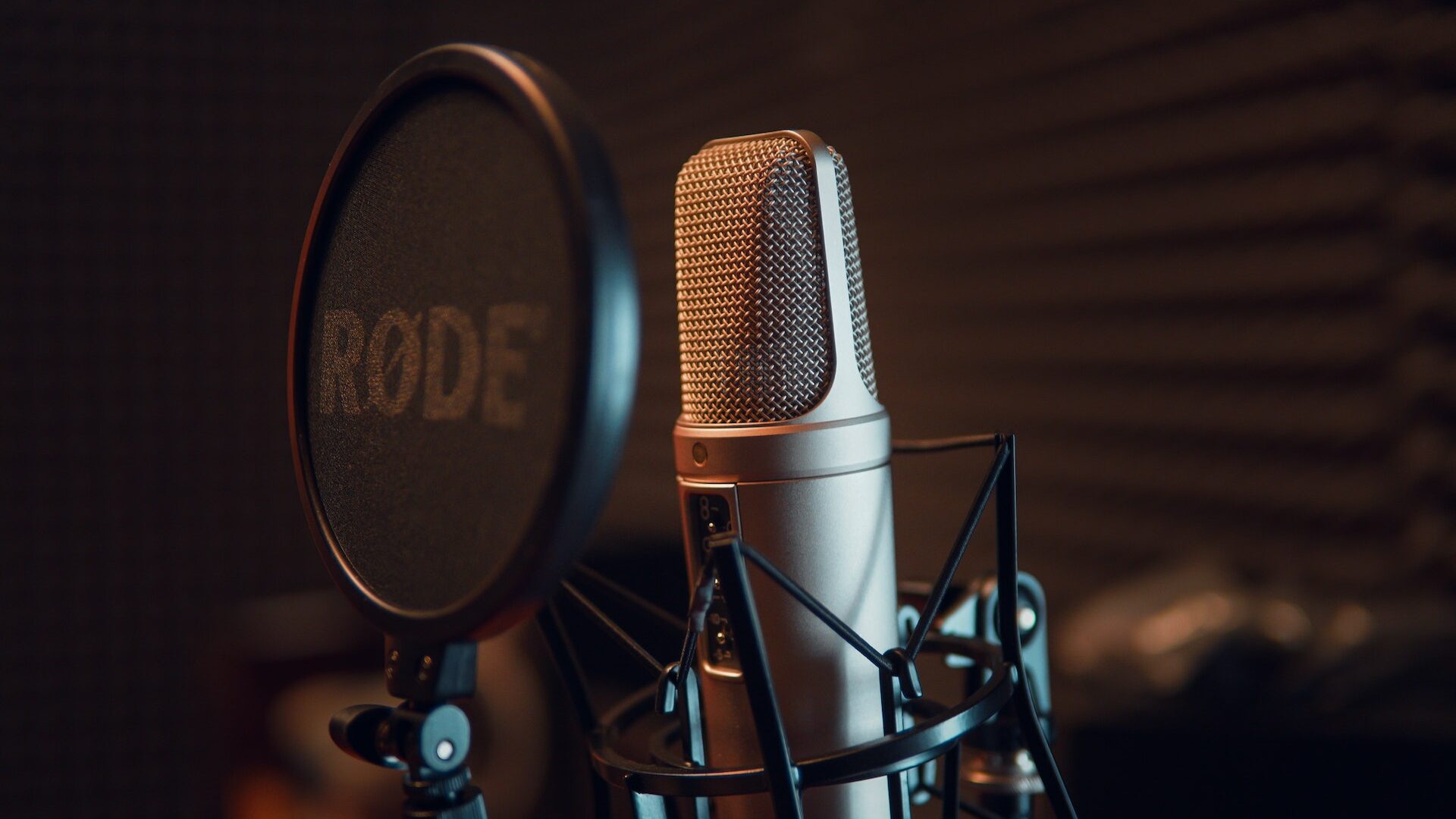Vocal and musical training are inextricably linked; the voice needs to be trained all the time. To succeed in music, talent alone is not enough. Performers must work on their development, using techniques that help make their voice as expressive as possible. Here are some of the most popular ones.
Physical fitness methodology
Musical training often takes years and includes not only playing various instruments and singing arias, but also physical training. Some performers neglect this, and in vain. To be a successful soloist you need to be in good physical condition. During a concert, the performer must be both focused and relaxed at the same time.
There are musicians who simply wear themselves out with teachers, practising their vocals, violin, piano and other instruments day in and day out. Such an approach is not the right one. Sometimes you have to give yourself a break from the usual activities, switch to something else. For example, to check out the online casino without license https://onlinecasinopoint.nl/casino-zonder-vergunning/ from time to time. This is a good way to relax, a little distraction, the main thing – do not get carried away by the games in the virtual sites too much. A rested brain assimilates new information better.
Performers who do not neglect weekends and holidays, who participate in sports, who lead active lives, are in most cases in excellent health, so they can delight audiences with brilliant performances.
Conversely, musicians, exhausted by their work, often get confused, forget parts, and disappoint the audience and themselves.
Body-Instrument-Sound methodology
This technique is based on developing the performer’s awareness of how the body affects the sound produced on the instrument. The sounds that musicians hear and create have a certain emotional impact. Some act in a depressing way, while others, on the contrary, improve the mood and have a beneficial effect on general well-being.
The sounds of wind instruments, for example, help cleanse the lungs and bronchi, and have a positive effect on circulation and the entire respiratory system. Drums can restore the heart rhythm. The beneficial effects of string music help soothe and relax.
Music can be compared to magic, it affects people in different ways, the effect depending largely on the genre, the manner of performance, and, of course, the personality of the performer. The therapeutic effect is not only on the listeners, but also on the soloists themselves.
Ear Training methodology (Ear Training)
The technique focuses on developing the performer’s musical ear, which is important for the correct and precise performance of music. This is a prerequisite for success in professions such as singing and conducting.
Musical hearing refers to a set of abilities that help a person perceive music and appreciate its specific characteristics: pitch, timbre, presence of overtones.
Musical hearing can be absolute, relative, inner, rhythmic and melodic. It is useful in a wide range of activities that involve the perception, interpretation and reproduction of sounds. Its effective development is facilitated by auditory training and special techniques.
Musical Expression methodology (Musical Expression)
Performers who are successful in the music field have the ability to convey the emotion and mood of the music through their performance. Soloists express themselves through their professional activities. Through their singing, they convey a message to the audience. Listening to their favourite soloists, audiences can empathise or just rejoice, depending on the style of performance, the specifics of the song and the situation. The movements of such musicians are most expressive and their singing is captivating.
The Mental Preparation methodology

This technique is aimed at developing the performer’s psychological resilience and preparing them for performance. Beginning musicians often have doubts and fear before concerts, which can be overcome with Mental Preparation. Psychological resilience is important for all performers, as they regularly have to perform in public and make contact with the audience. This quality of personality can be developed if you want, it will be useful in everyday life and will help to resist difficulties, unfavorable pressure of circumstances. Without psychological stability it is difficult to talk about successful concert performances. A psychologically stable musician does not get upset because of criticism, negative statements of some fans, unflattering articles in newspapers published after concerts. He is always smiling and friendly, and behaves confidently in public. The stage is his home.
Stage Craft technique (Stage Craft)
A good musician should definitely receive training in stage management. It is about knowing how to behave with an audience. Some people are born with this skill, but that is a one-off, and most people have to train it. A performer must be able to interact with the audience and behave on stage. Audience contact is very important for anyone who performs regularly.
A musician has to be an actor to some extent; stage skills can be useful both professionally and in everyday life. Being able to make quick contact with the audience helps to win their love and appreciation. This means that the audience will not be distracted during the concert, fully concentrating on the performance of their favourite performer. Stage acting is an important part of a soloist’s training.
Most musicians, including soloists, speak positively about these techniques. They really work, helping you to develop your voice and to realise the talent you have.
